Address
P.O. Box 947
St. Katy, Texas 77492
Historical Photos
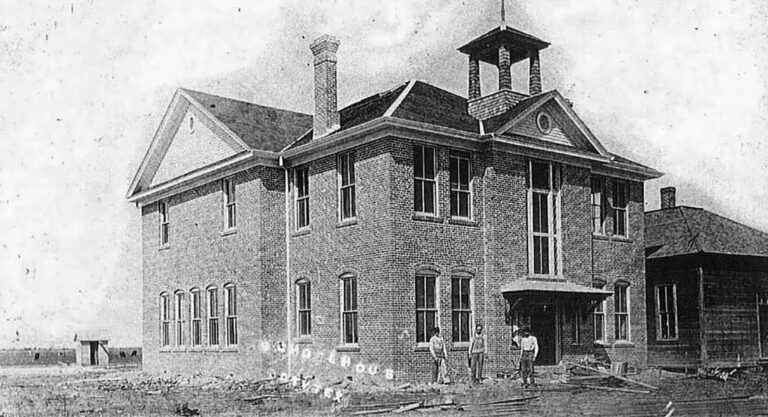
Historical photos, preserved by the Katy Heritage Society and shared by Katy Magazine, document the history of the City of Katy.

Historical photos, preserved by the Katy Heritage Society and shared by Katy Magazine, document the history of the City of Katy.
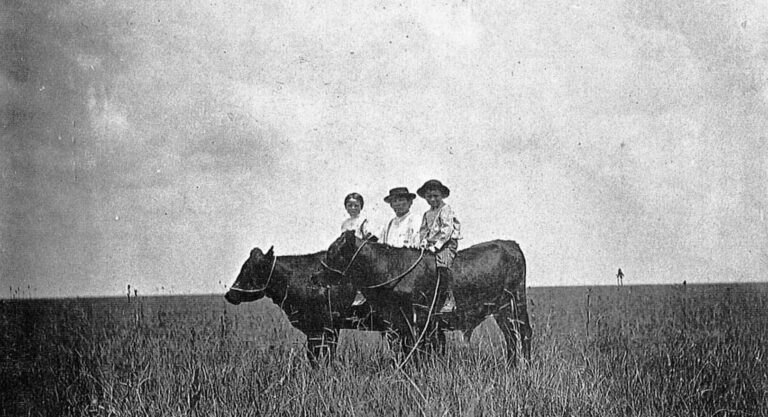
The Flamekeepers, or rather the Keepers of the Flame are responsible for preserving, documenting, and sharing the history of Katy.
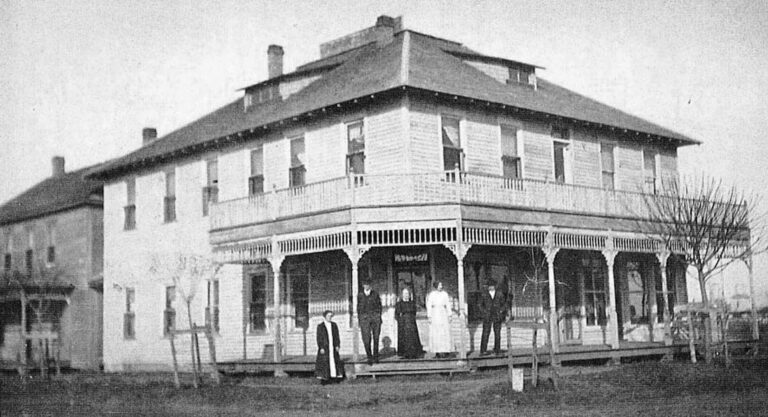
Katy’s early citizens worked hard but they also enjoyed their social life and gathering together, mostly centered around church activities.
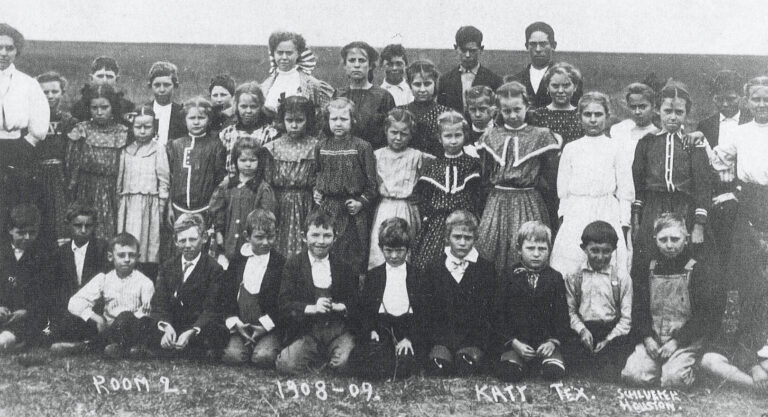
School life in Katy consisted of children living on farms and attending school at home or in a one-room country school in the outlying areas.
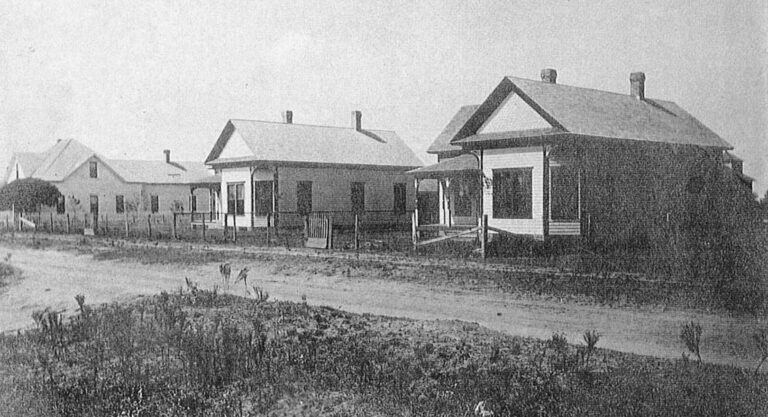
The Old Oaks of Katy are precious because historically, the town was a bald, flat prairie. It was the early citizens who planted the Oaks.
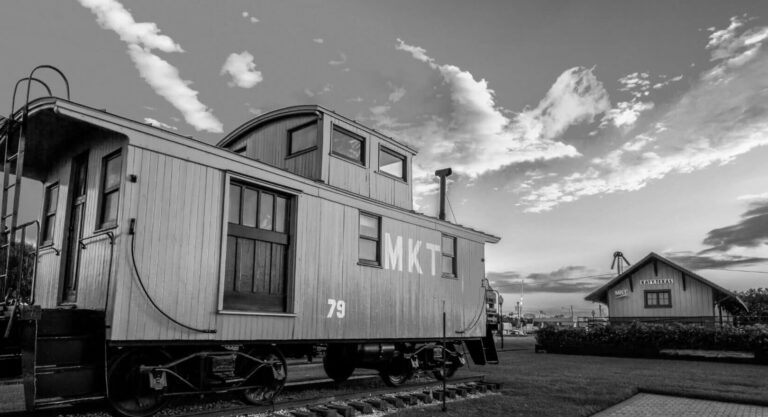
The MKT Railroad, for which the town was named, connected Missouri, Kansas and Texas on untraditional North-South routes instead of East-West.
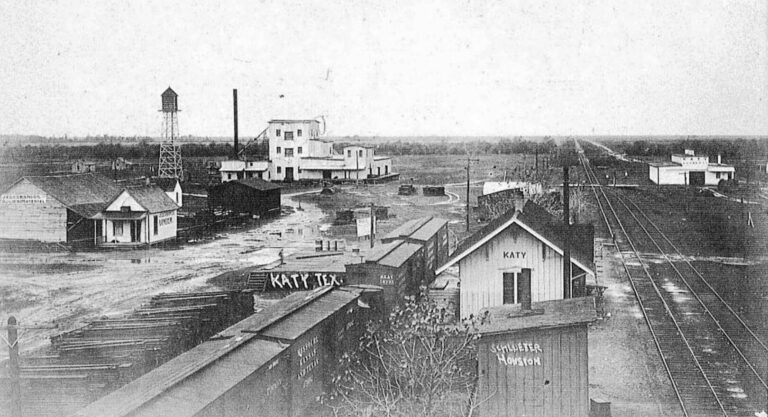
Looking back, it's not difficult to think about Katy's earliest citizens who worked hard to build Katy with little more than their bare hands.
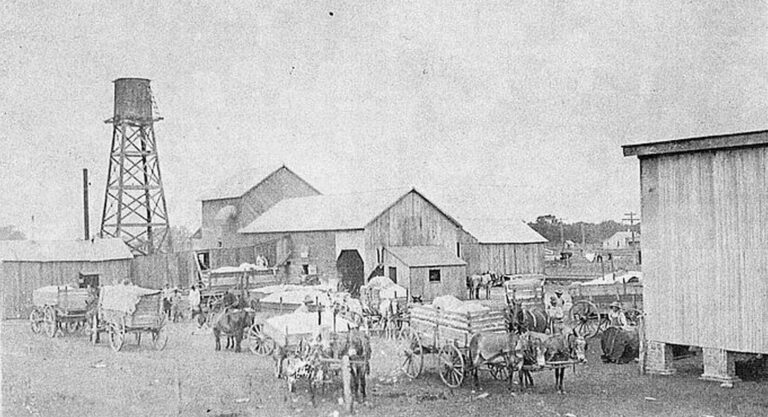
Influences from northern and Midwest states shaped the way Katy was sold to outsiders who came for the rich soil and cheap land.
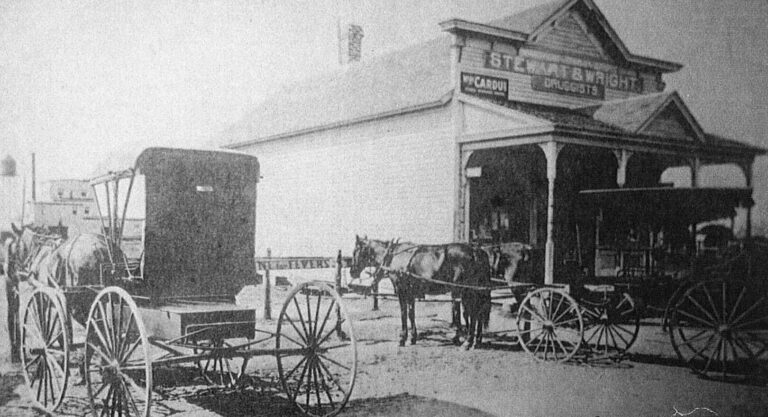
The Katy community has seen its share of hardships, but none more devastating than the Galveston Hurricane that leveled the city in 1900.
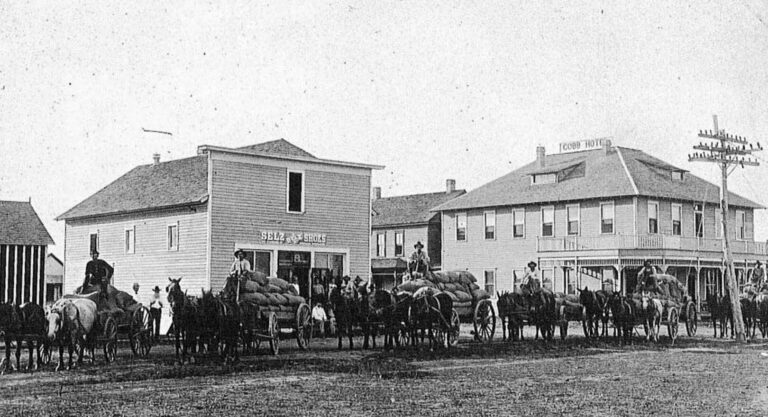
Early life in Katy centered mostly around the rice fields and the MKT Railroad, which some believe gave rise to the town's name.